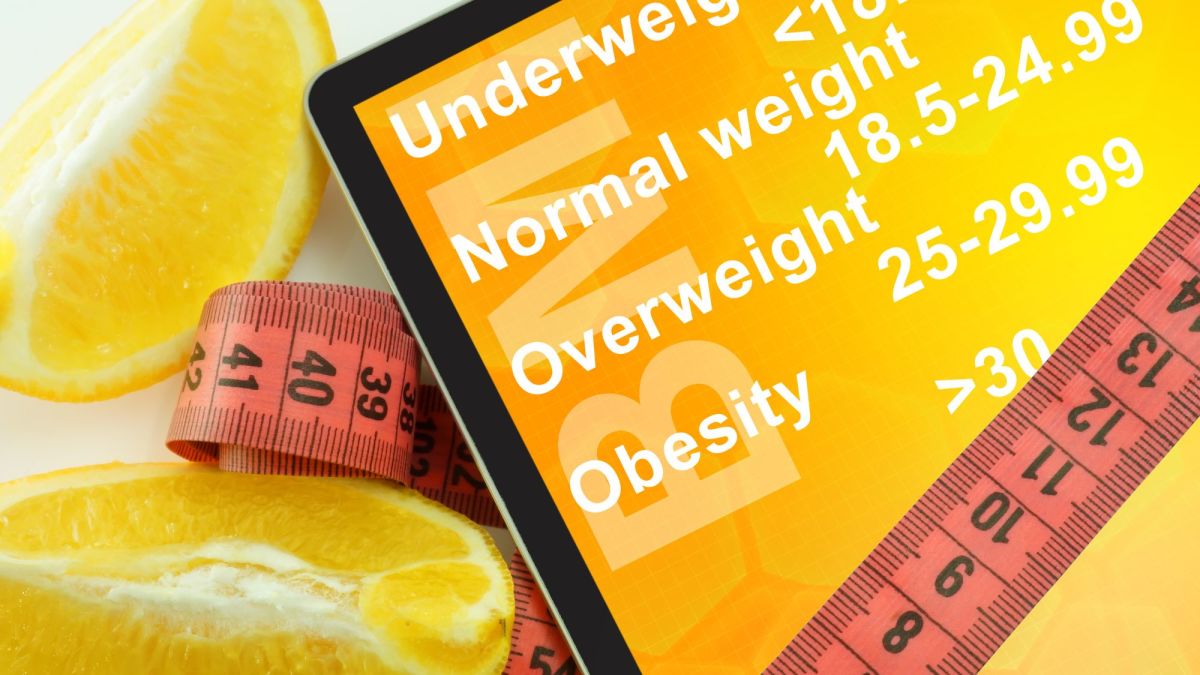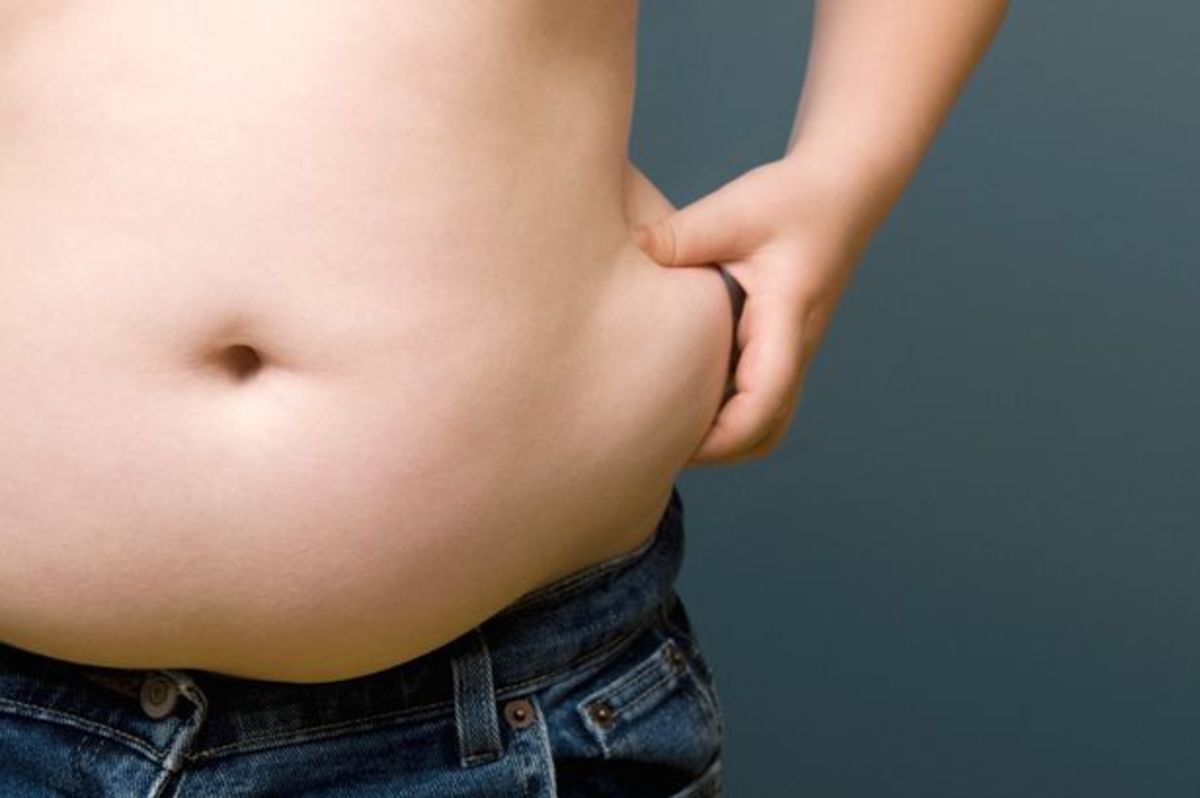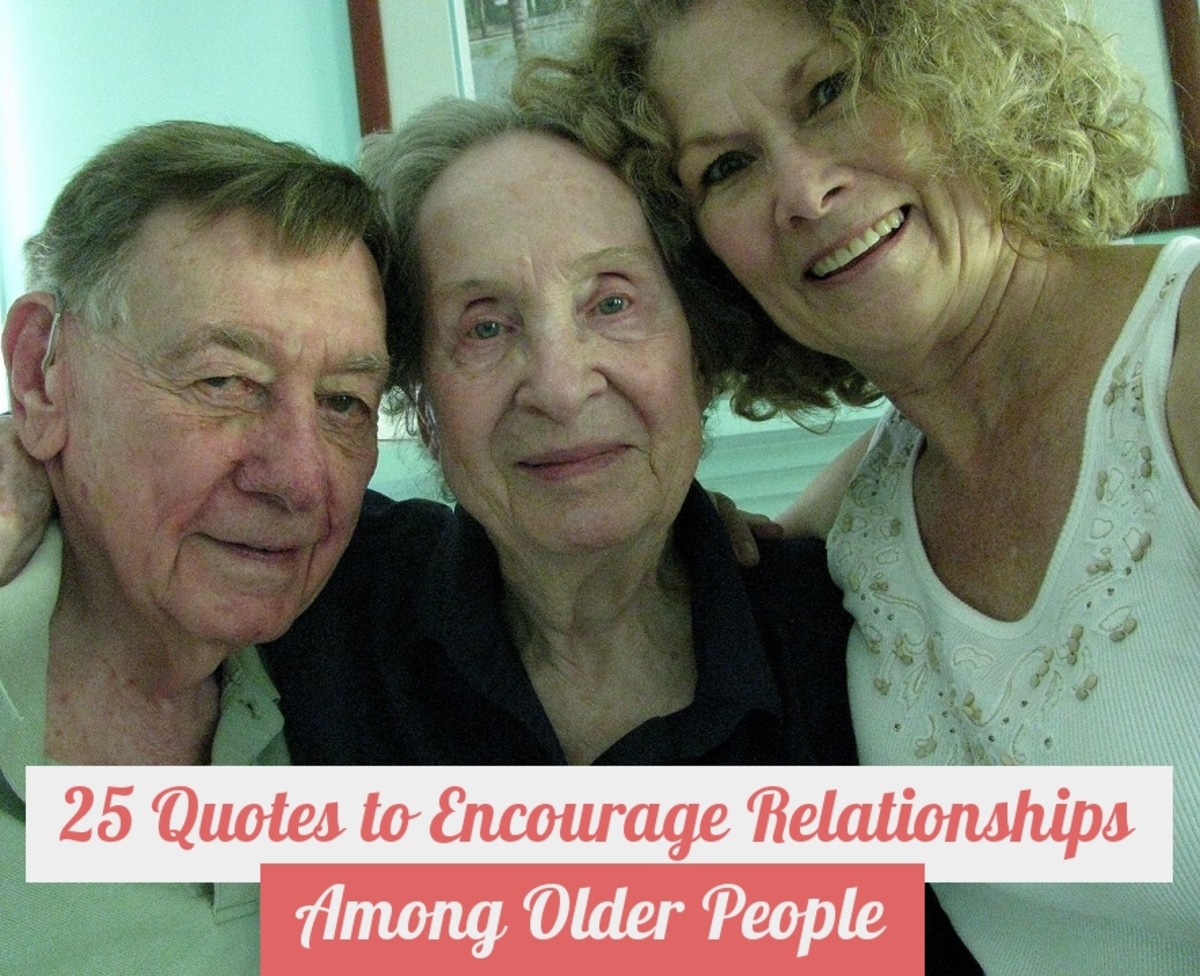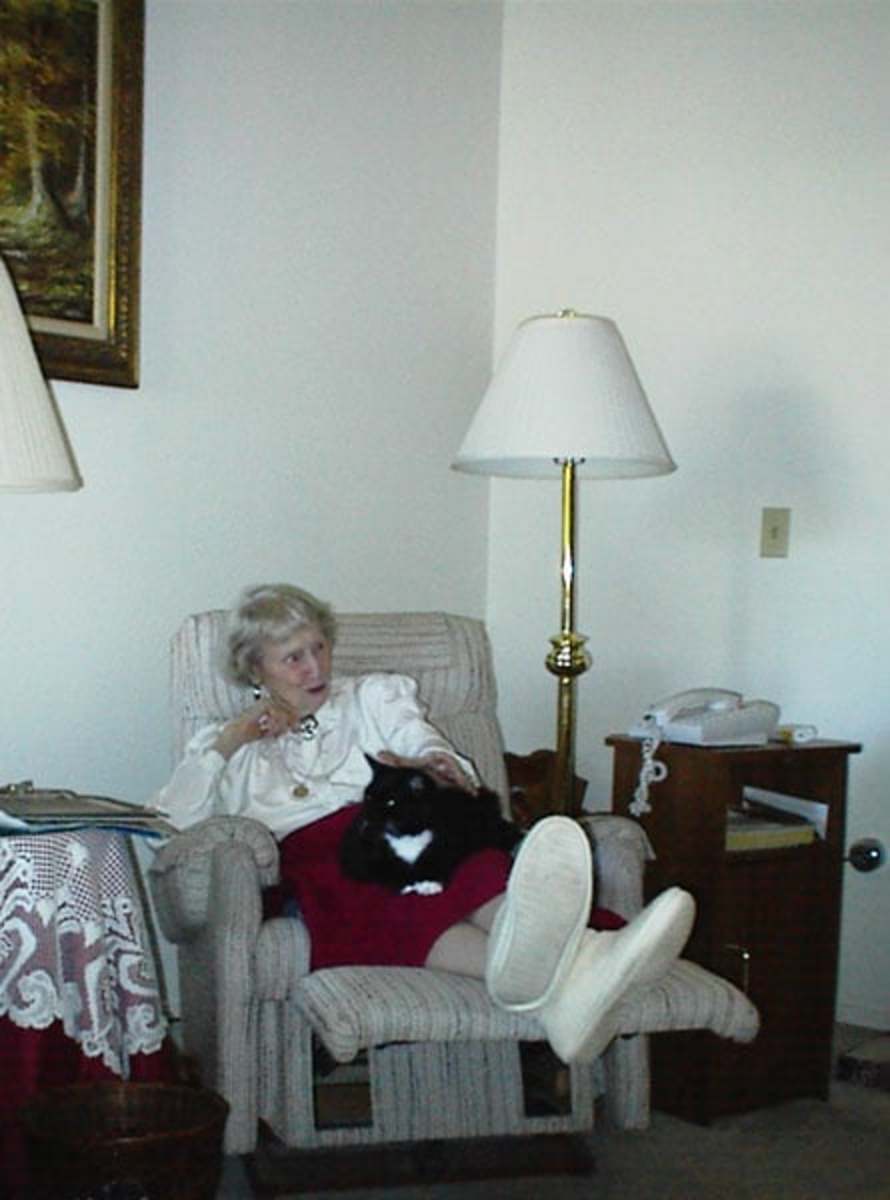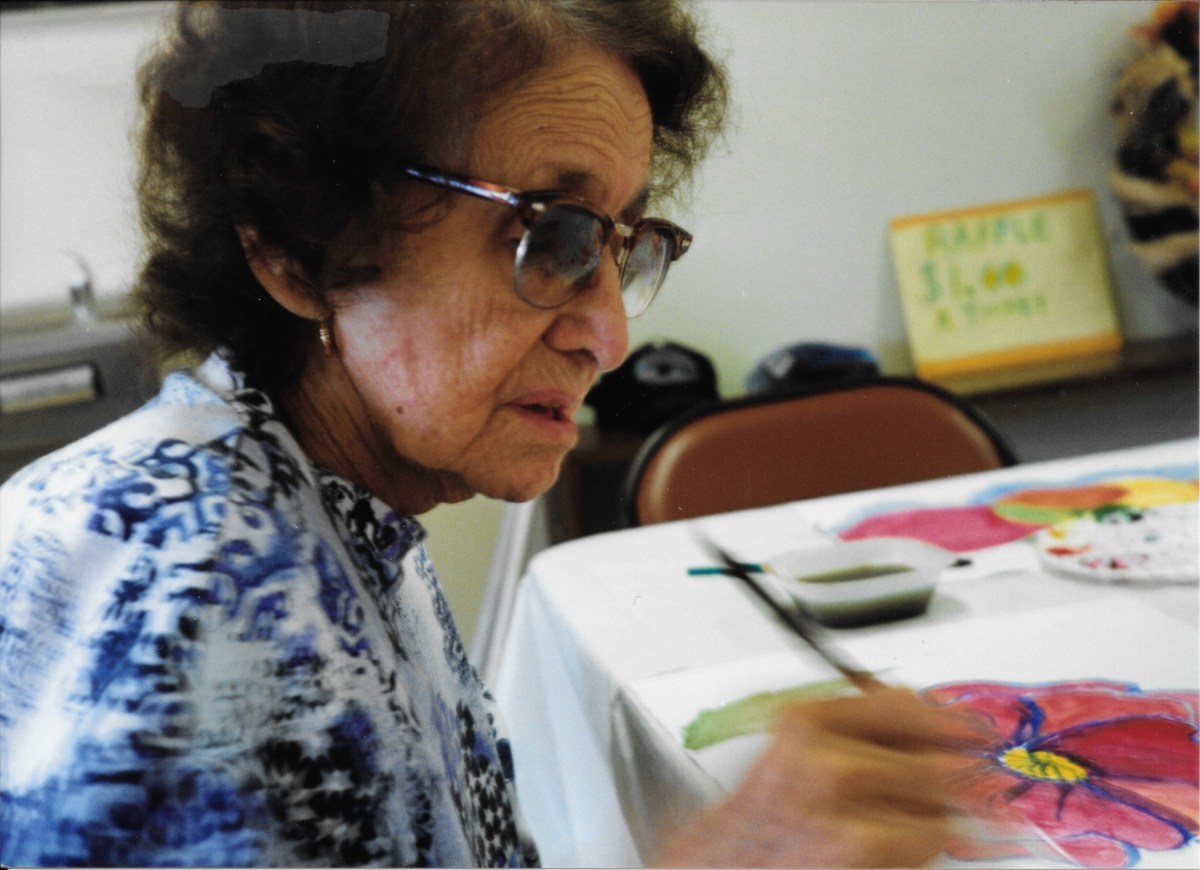Why Gaining Weight as You Age Isn’t Always Bad for You
An active life can be helped with a little extra weight
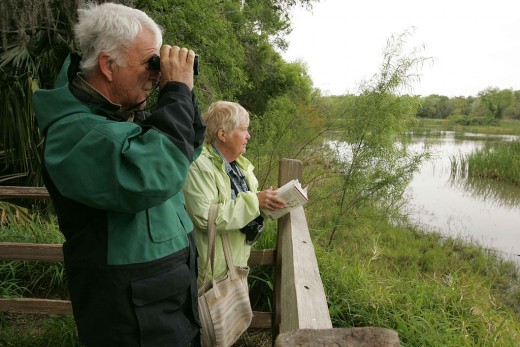
Two health professional camps are duking it out over age and weight
Currently, a war is being waged between two camps of public health officials. One camp follows the accepted opinion that a normal weight is needed for optimal health throughout the entire lifespan. The other camp says that putting on a little weight, so that we become a little overweight - but not obese - after about age 50 can actually be beneficial.
The main objection of the anti-overwieght camp is that it presents a public health message problem. That it may be misinterpreted by people or misused by the fast food industry. But the facts can’t be disputed with any real effect. The research was a meta-study, which means that results a very large group of smaller studies were combined so thousands of people were considered.
While the anti-overweight group is going after it tooth and nail, this isn’t the first study that has shown that a little extra weight as we age can be beneficial.
BMI is the measurement being used by both camps to decide the weight categories. While it’s a crude measurement at best, it does provide some guidelines. BMI is Body Mass Index, and it works by calculating an adult’s ratio of weight and height and placing the result into certain health categories. (Calculating a child’s or teen’s BMI is done a little differently.) If you are an adult, you can calculate your BMI using the link below:
Calculate your weight category here
Your weight will fit into one of these categories
- Underweight is a BMI of less than 18
- Normal weight is a BMI of 18.5 thru 24.9
- Overweight is a BMI of 25-29.9
- Obese is a BMI 30 or more
Hstorically, gaining some weight with age has been an advantage
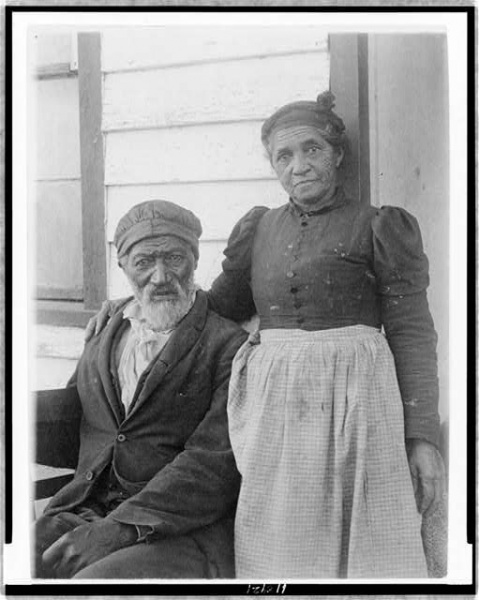
Most people tend to gain a little weight as they age
Health professionals want people to be at least normal weight, not underweight. Both public health camps also agree that, unless you have unhealthy habits, such as smoking, or you have some specific types of illnesses, obese people normally die at a much younger age than people in normal or overweight categories.
The disagreement (to put it mildly) is about whether or not gaining a modest amount of weight after about age 50 is harmful.
I have a health degree and I am in the camp that says gaining a little weight as we age may be beneficial. I am 63, and I’ve seen both men and women of several generations either remain slender or gain a little weight as they age. I’ve also seen obese people die young.
I have faced that weight monster trying to hug my hips as I age, too. However, even if I were 30 and not feeling it personally yet, I’d still feel that, depending on the family history, having a little extra weight is beneficial.
I find myself asking questions. If most people tend to gain some weight as they age, if estrogen and testosterone are naturally reduced with aging and extra weight is very often the result of that reduction, isn’t that what some families naturally tend to do as part of aging?
Whether or not we live in a sedentary society or a very active society, we see women who work hard every day, and whether or not they are thin seems to be determined by their birth family, not their activities. We also see men who work hard and may or may not have slightly bulging bellies based on the same kind of family tendencies. The main difference between the two sexes when they do gain a little weight seems to be where they tend to store their extra fat.
While some families are blessed with thin elderly members, most people who have a reliable food supply all of their lives tend to gain some weight as they age. Studies have shown that having extra weight as we age, as long as it’s not enough weight to be considered obese, allows us to weather serious illnesses better.
That only stands to reason: if we don’t have any extra weight to help us through an illness that causes us partially or completely to lose our appetite for several days, we can become underweight. When we are underweight after an illness, we are also in a generally weakened state and prime for another illness. With no fat reserves even before the first illness, that second bout can more easily finish us.
An elderly NW Pacific coast Native American couple
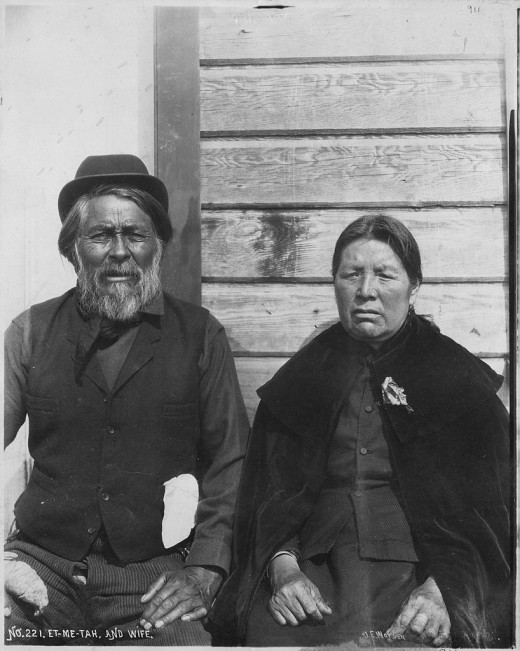
Extra weight as we age helps us to combat illness
When people age, their immune systems age, too and they become increasingly more susceptible to illnesses. Having extra fat stores to weather a sudden loss of appetite seems reasonable as an evolutionary survival tool, especially if accompanied by persistent vomiting or diarrhea during multiple illnesses or multiple bouts of the same illness. (Tribal elders have historically been very valuable. While elderly people no longer actually produce children, they increase the odds of group survival with the skills and wisdom they teach, especially regarding finding food in crisis times and raising children.)
Some say that people who are aging still have better immune systems than younger people because they’ve been exposed to and survived more disease-causing germs. While aging people have developed antibodies against many diseases, they haven’t been exposed to all disease-causing germs. As they encounter new diseases, they will do so with immune systems often gradually weakened by aging.
As people age, they also develop some of the diseases associated with aging. Even a healthy person with an ideal weight can develop heart disease or osteoporosis as she or he ages. (A slightly overweight active woman is less prone to developing osteoporosis than a normal or underweight active woman.) Pneumonia also affects active elderly people more frequently than it does even sedentary younger people.
As the gut ages, digestive enzymes also become less active and cause problems that can be limiting to some individuals’ diets. The digestive issues may also make some people not want to eat, and chronic or intermittent diarrhea when some digestive enzymes shut down can also cause loss of weight. The extra weight can increase longevity in these circumstances.
If a serious illness occurs that causes loss of fat stores, the next thing that is used by the body for calories is whatever muscle mass is present. Having extra fat to use can extend the time after the onset of an illness before the body would need to use muscle mass for calories. This increases the odds that a person can heal and the appetite can resume without loss of muscle mass.
If someone is active as he or she ages and works to keep muscle mass, that is the best state to be in as we age. If active elders in the family have historically also tended to be slightly overweight, it is not usually unhealthy if the person follows that family pattern during aging.


